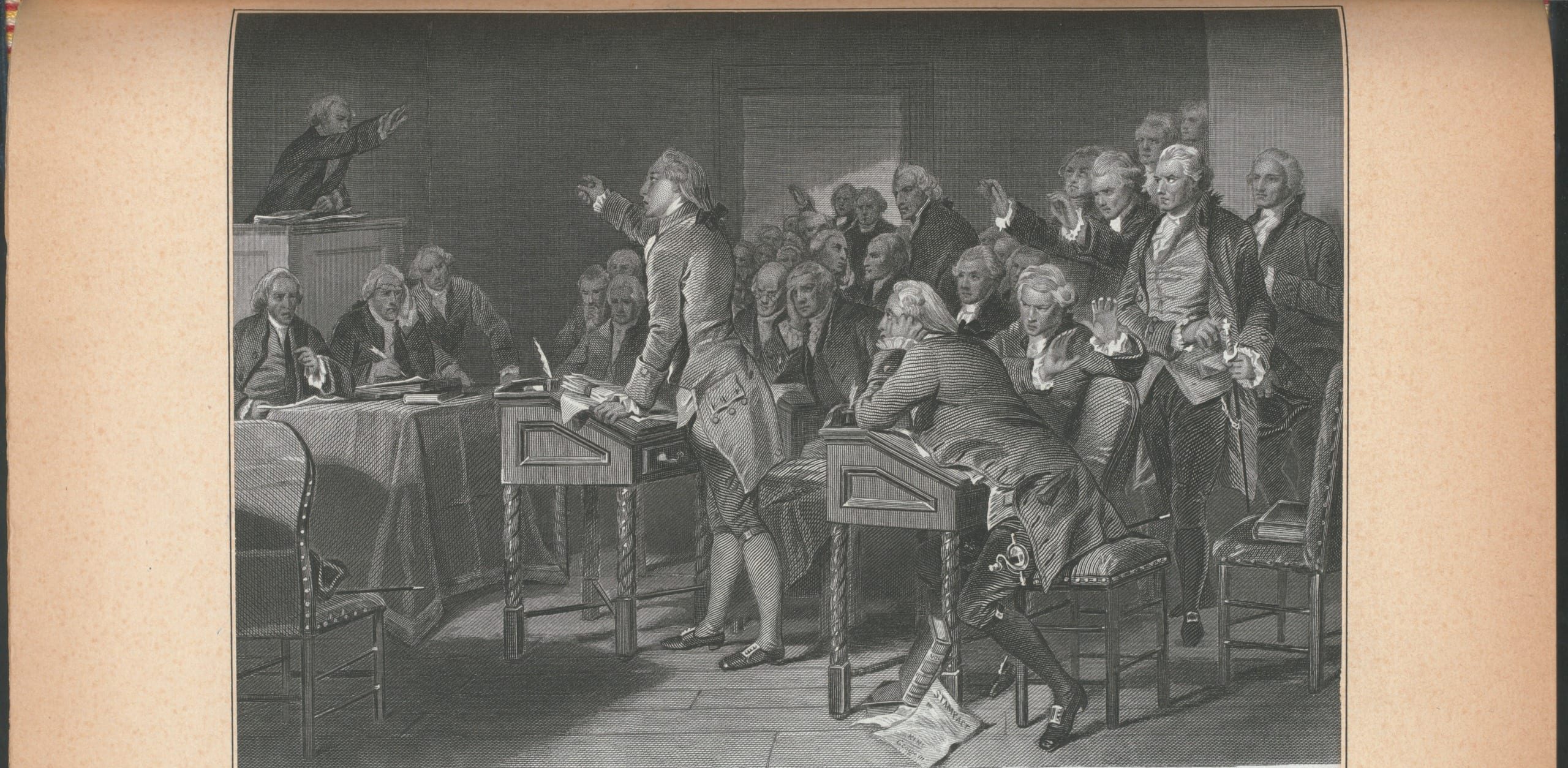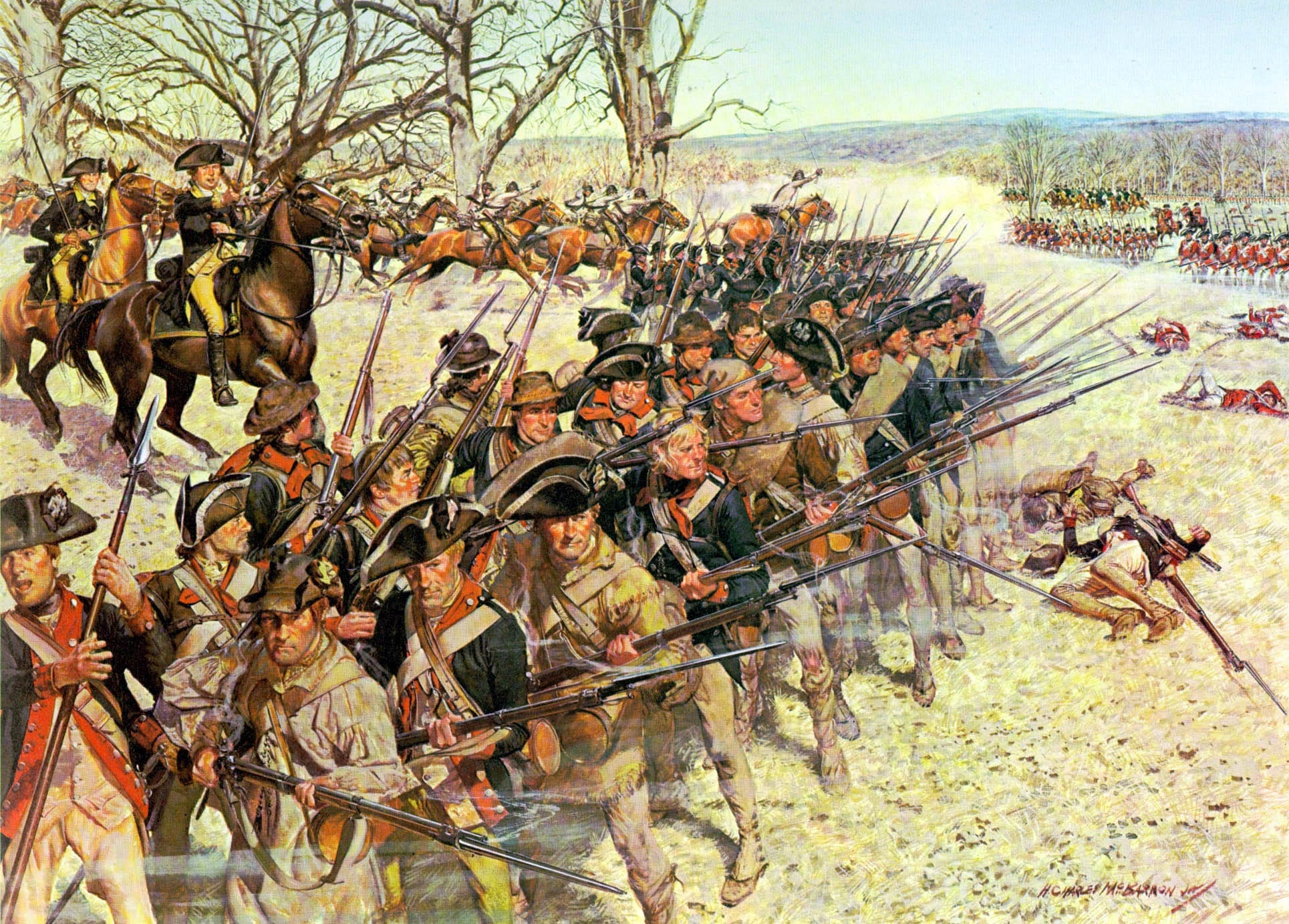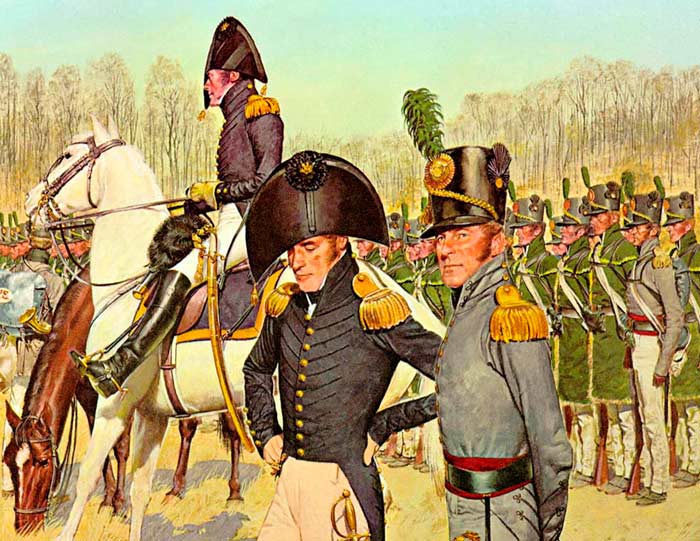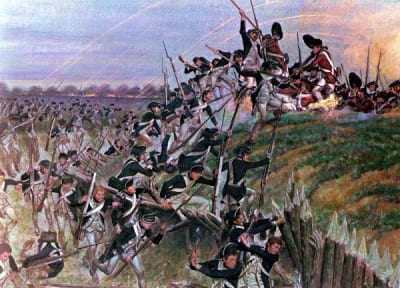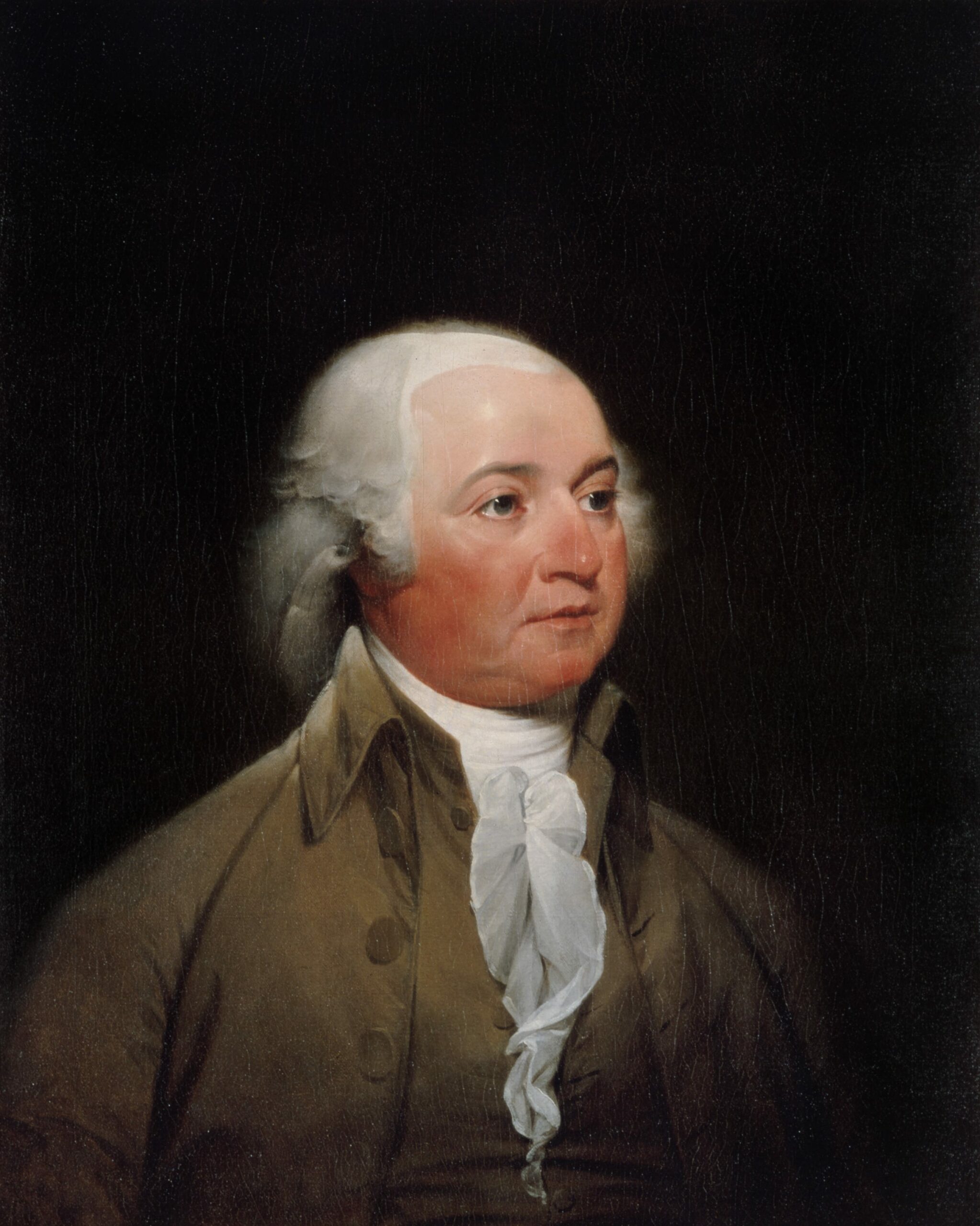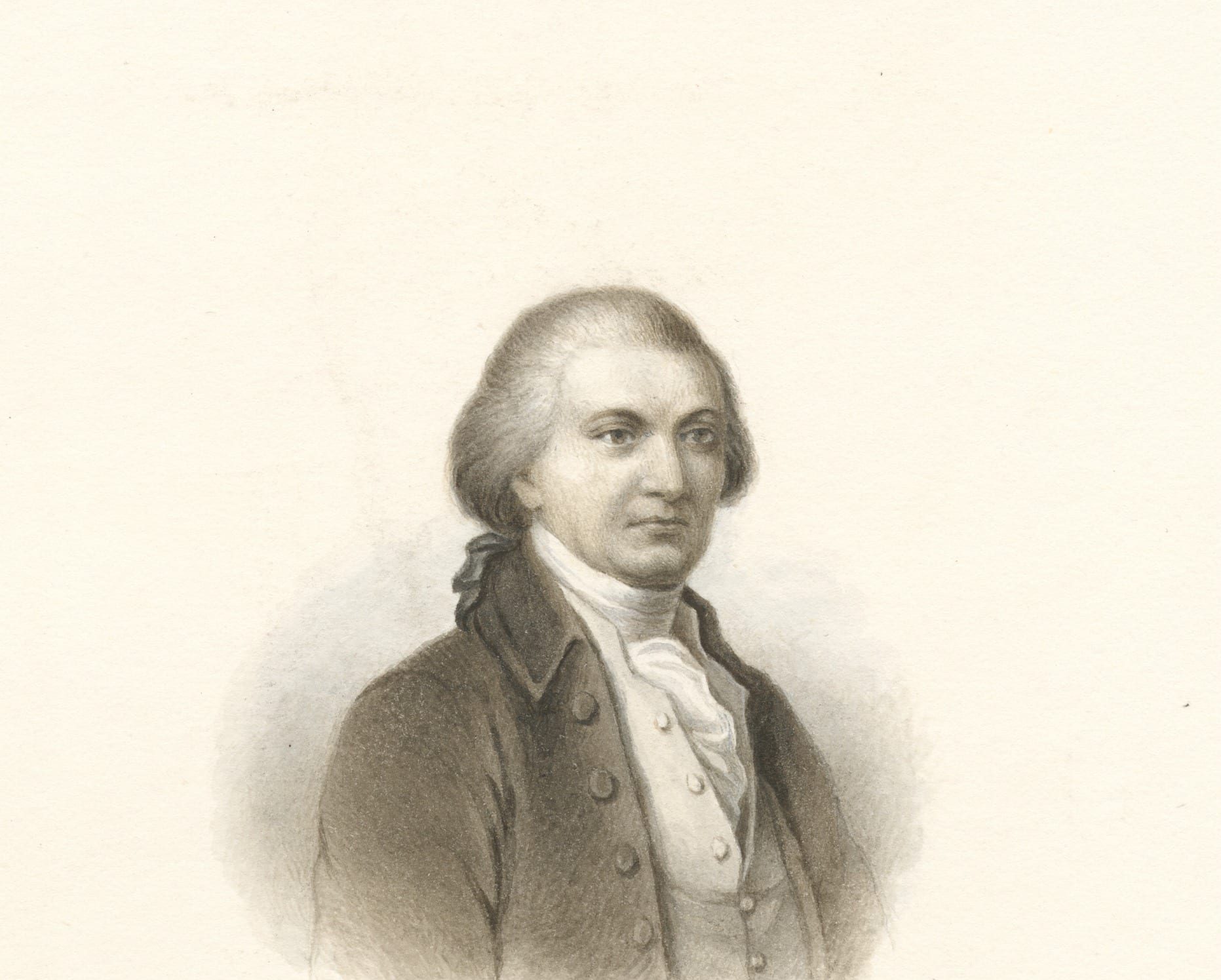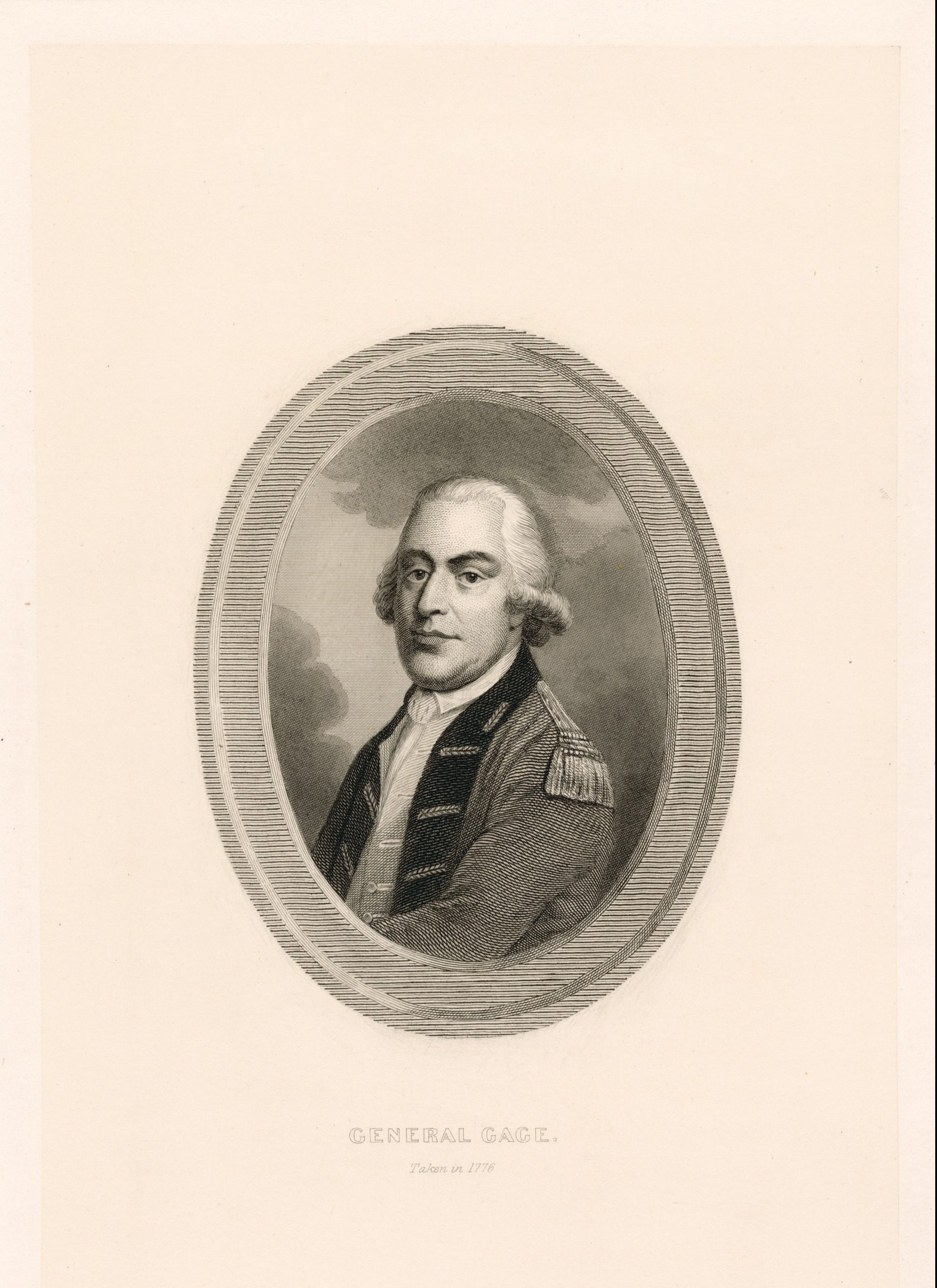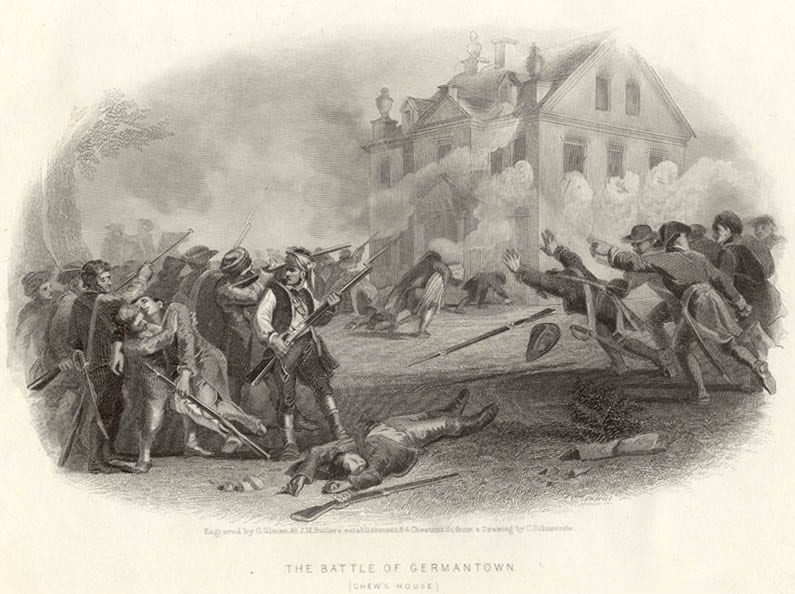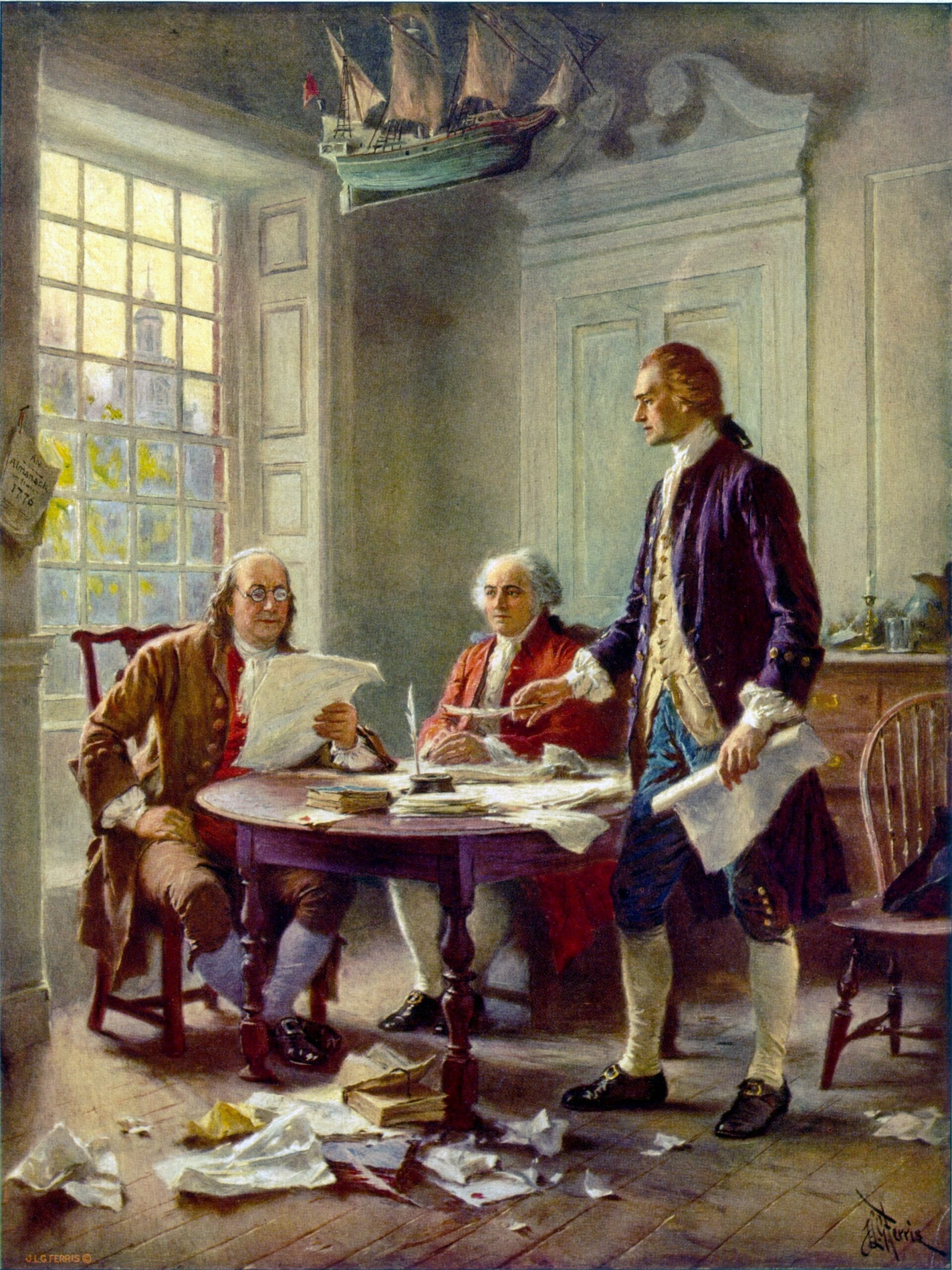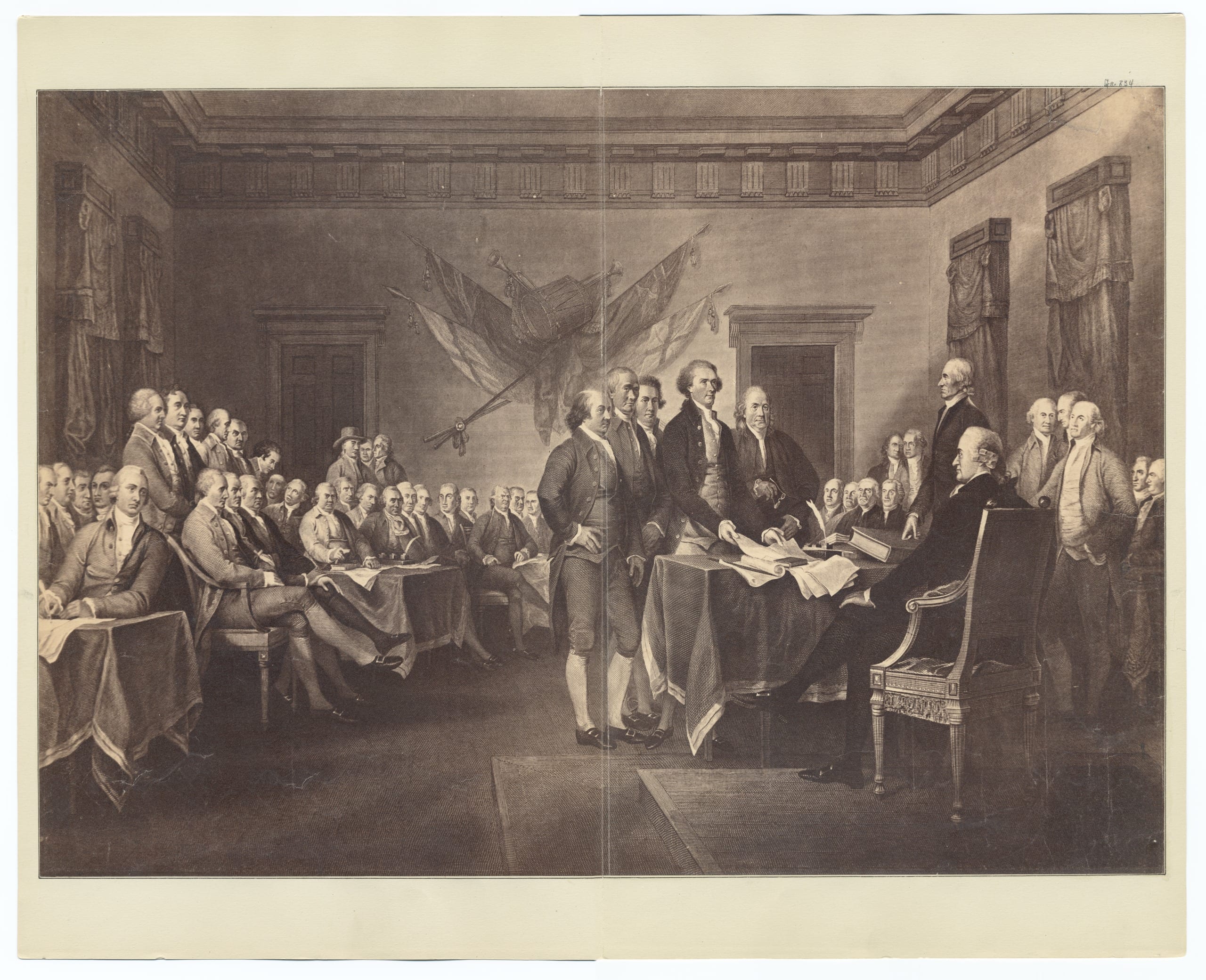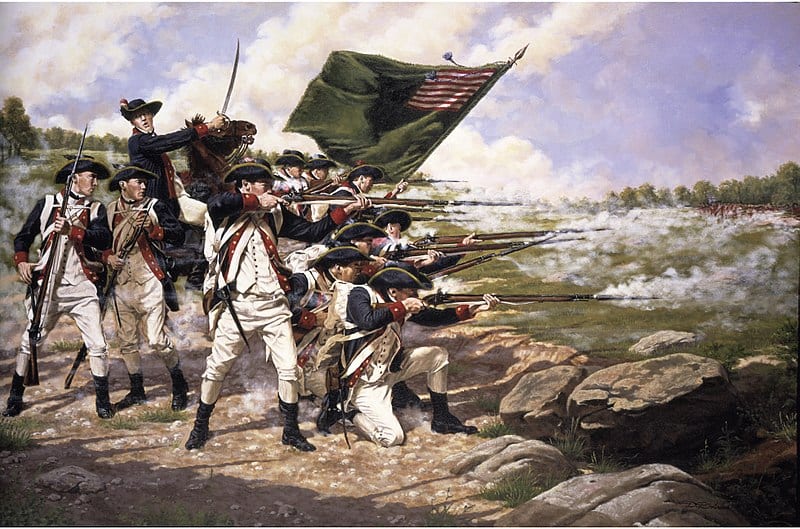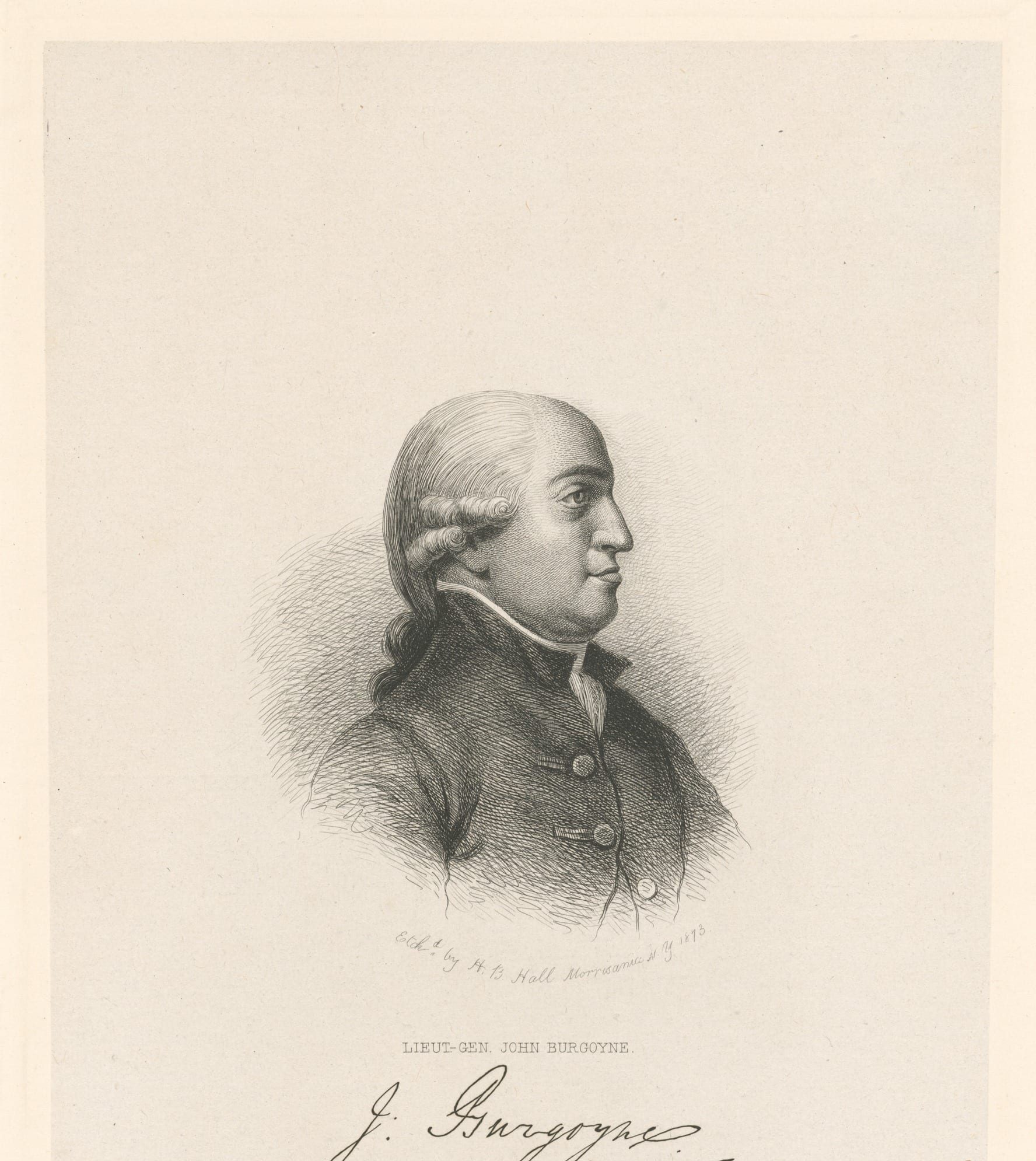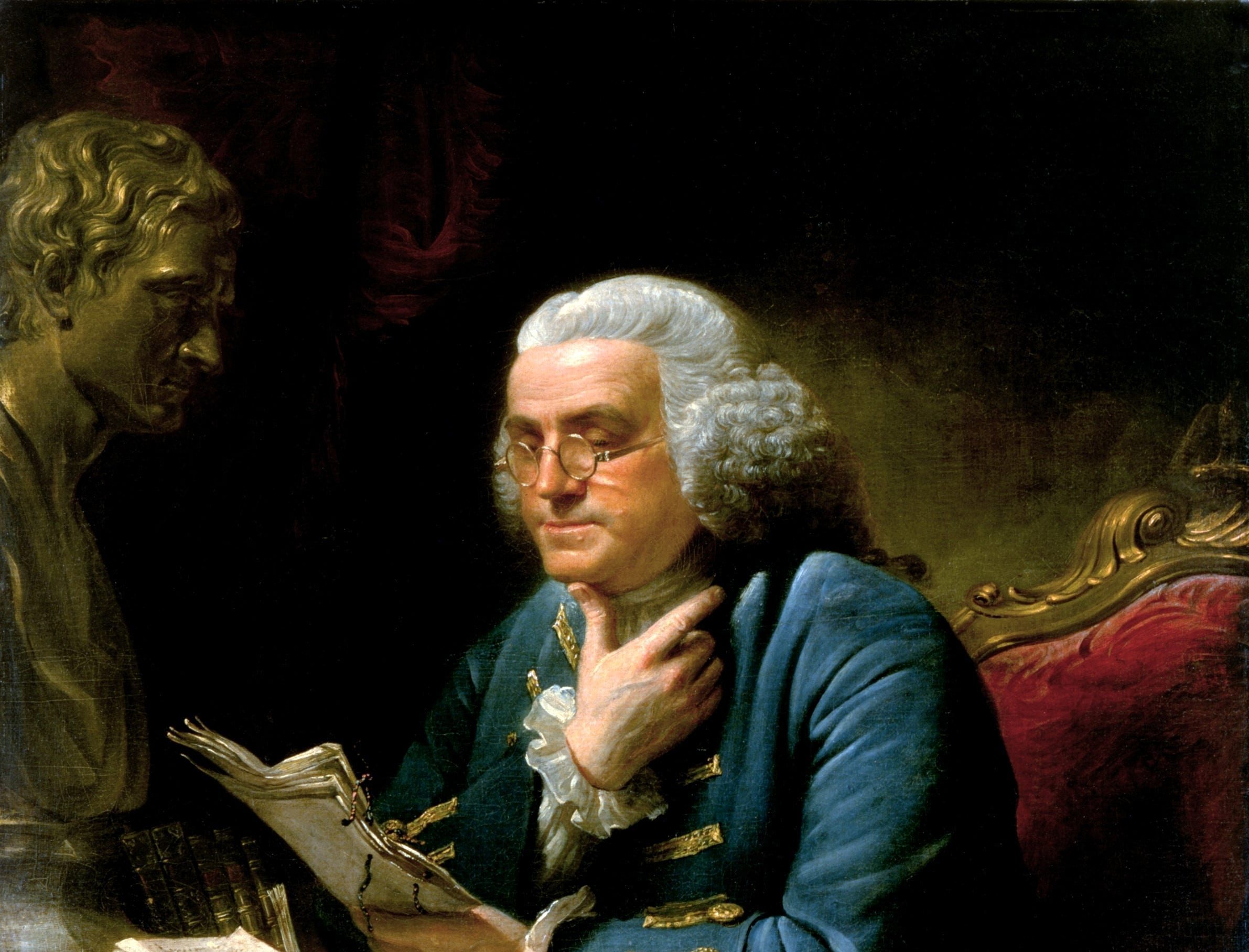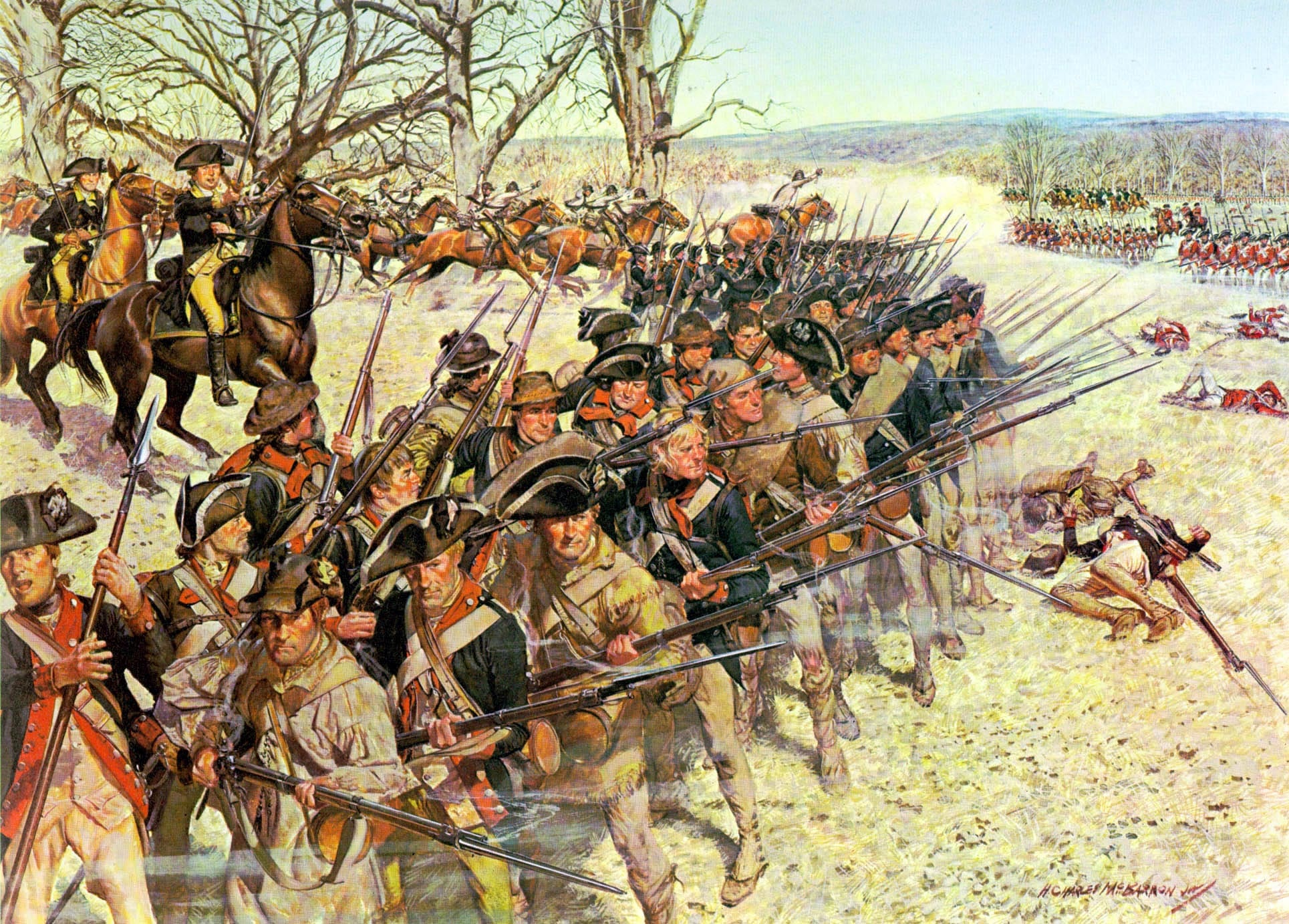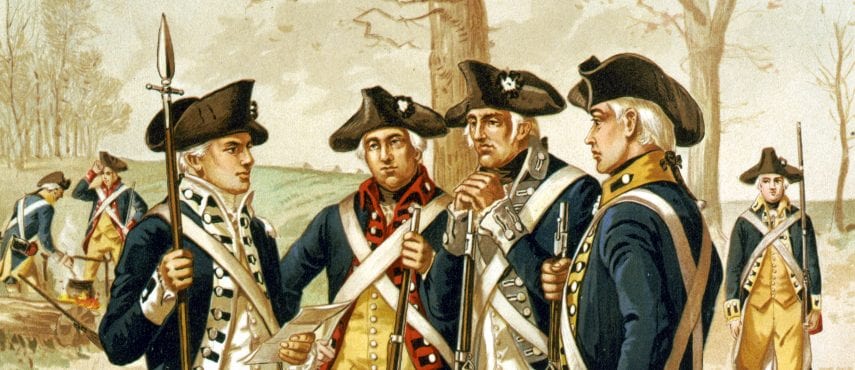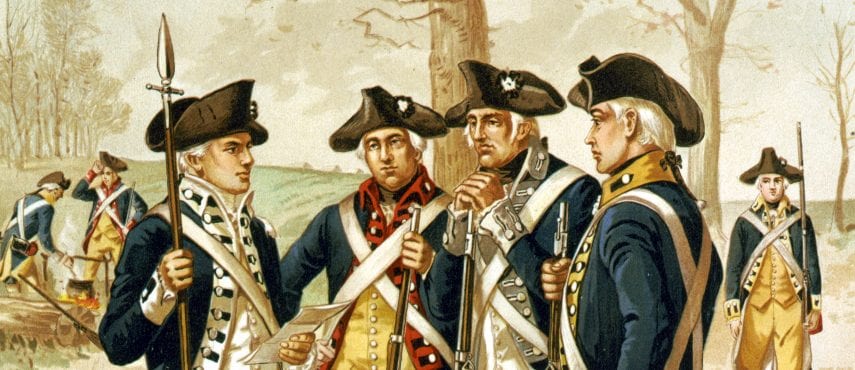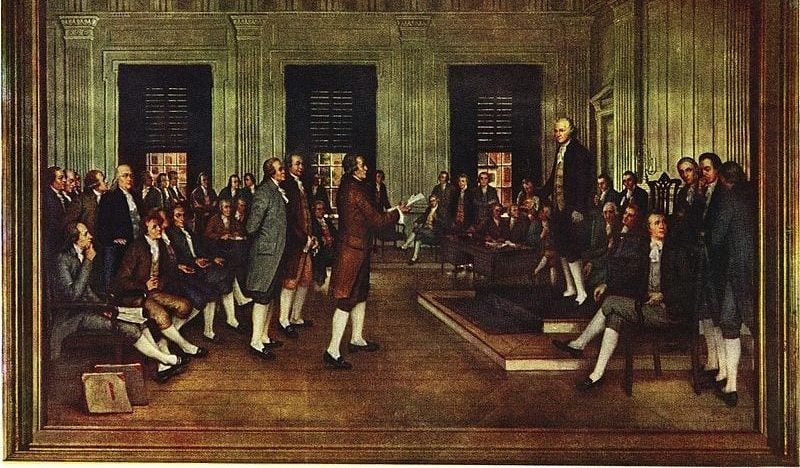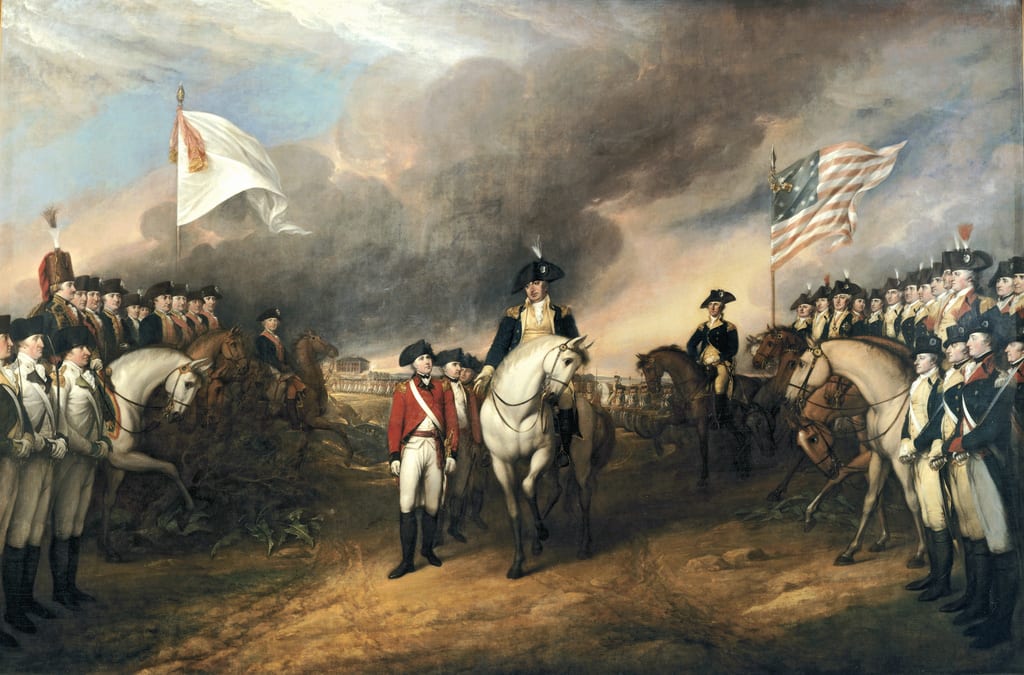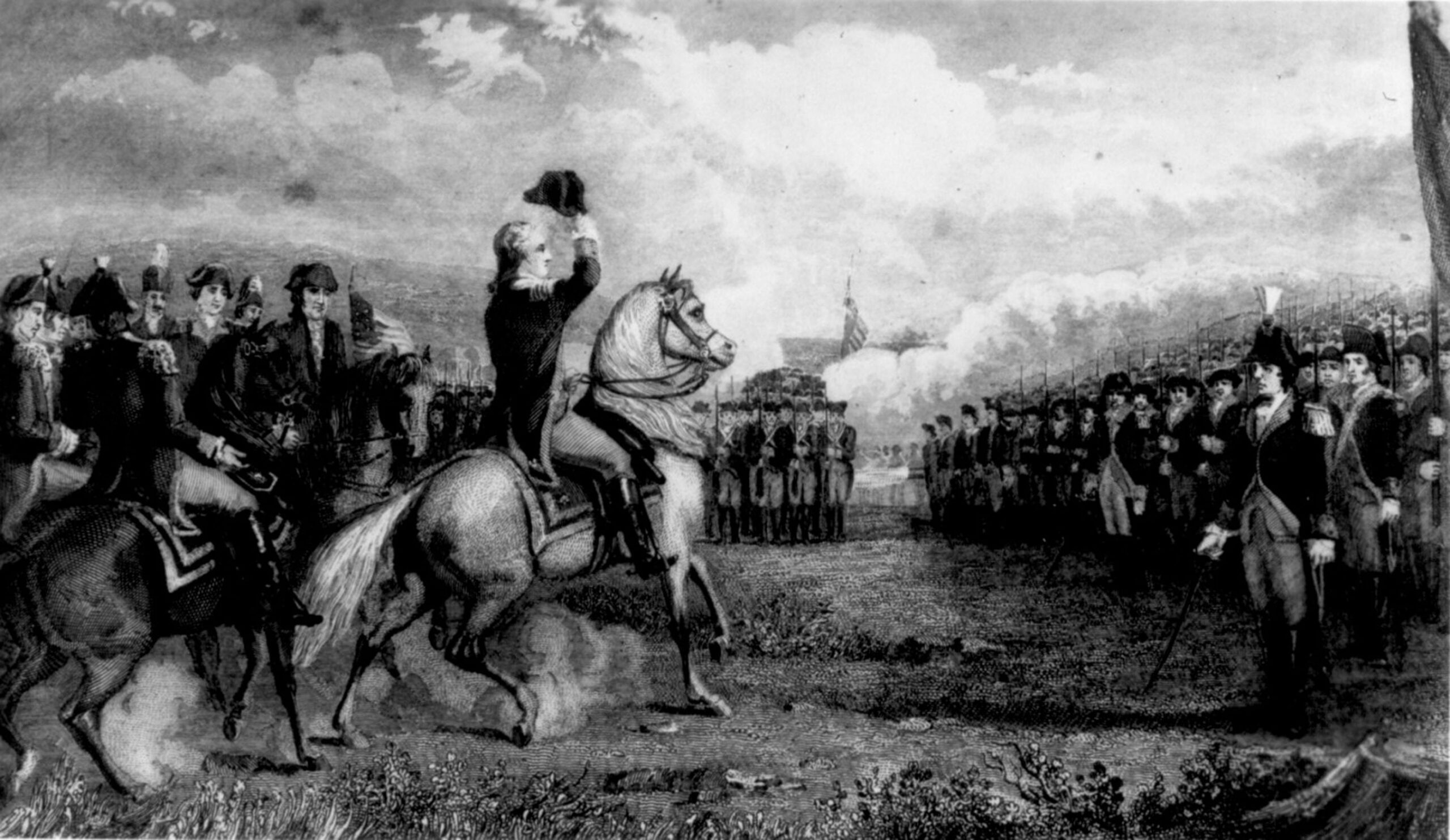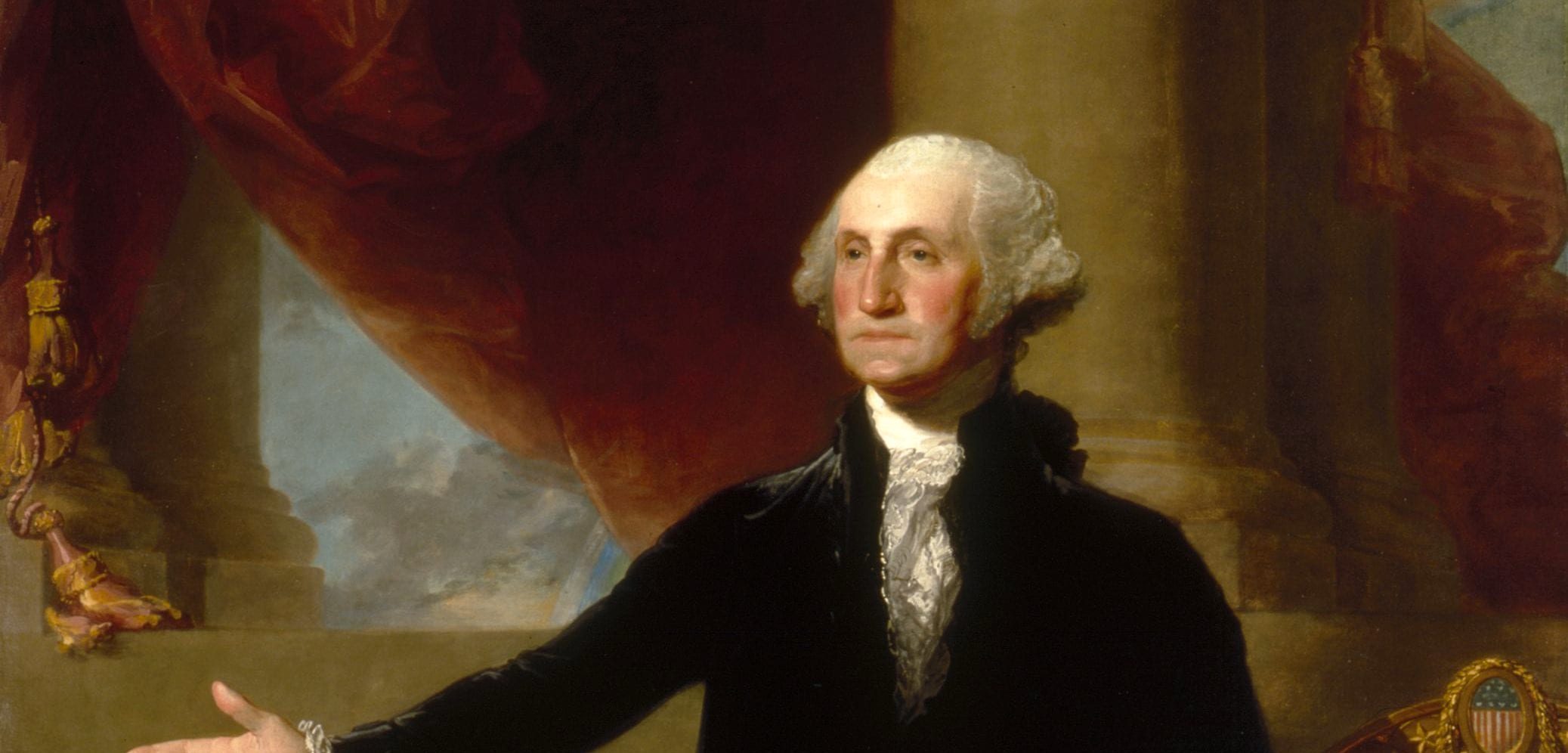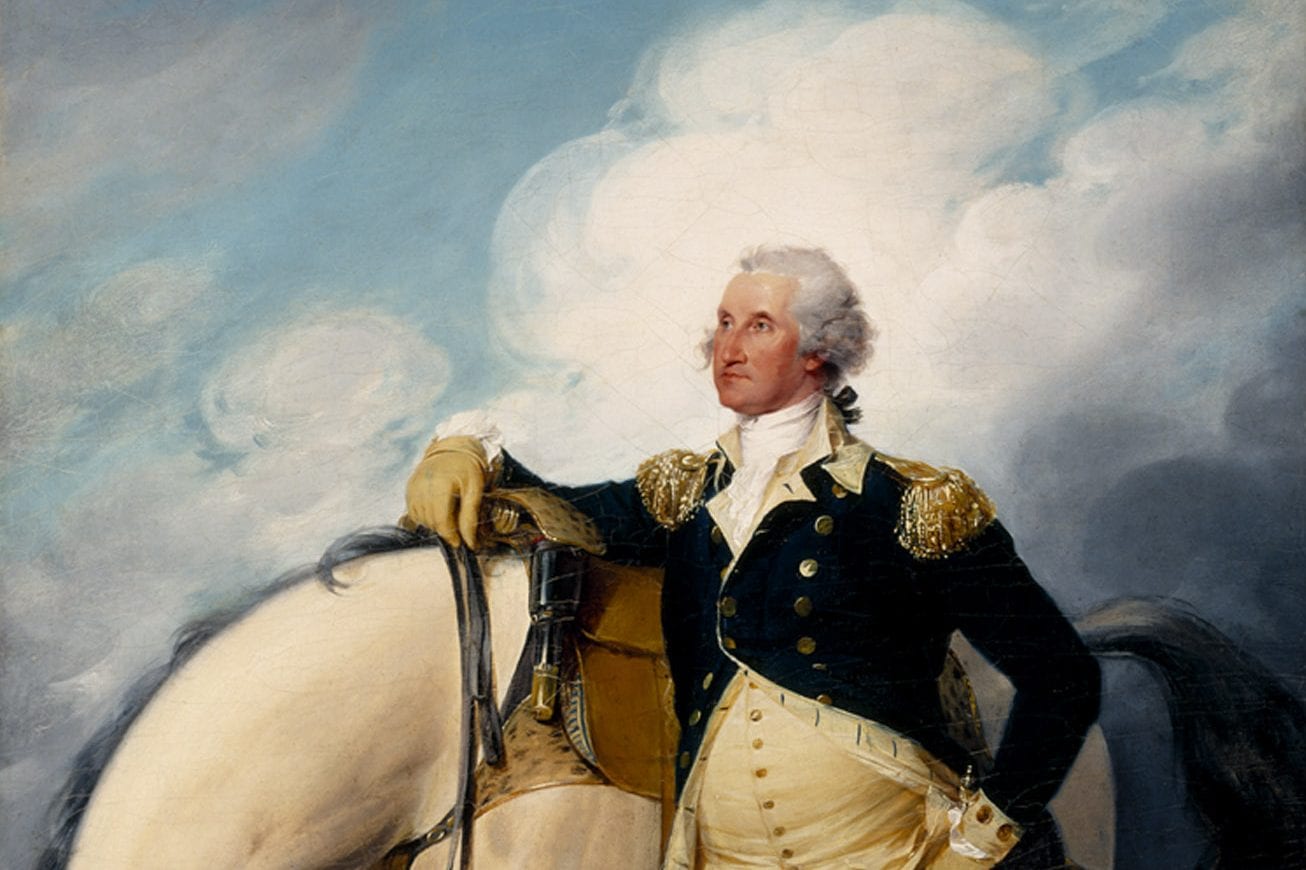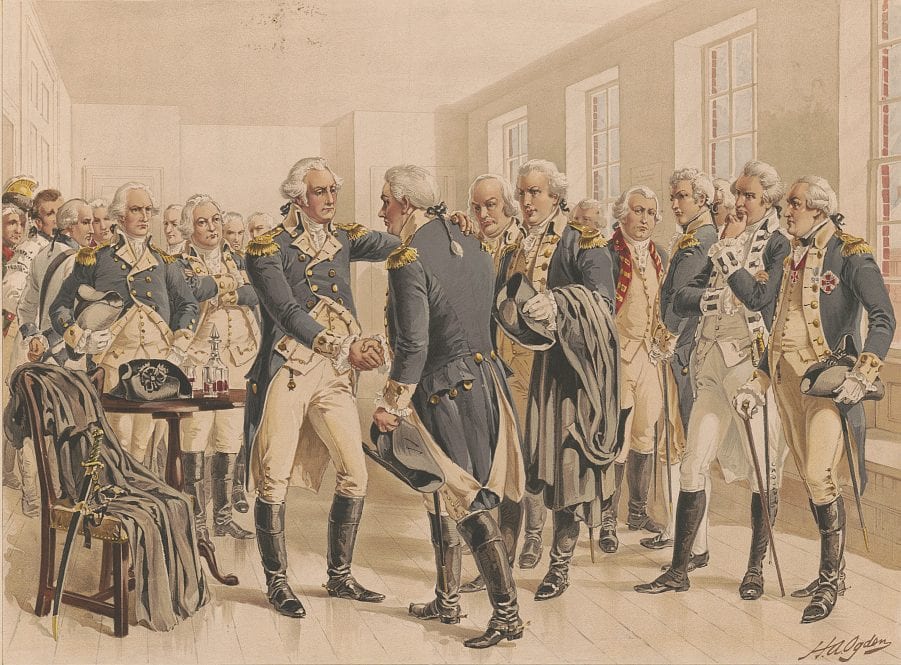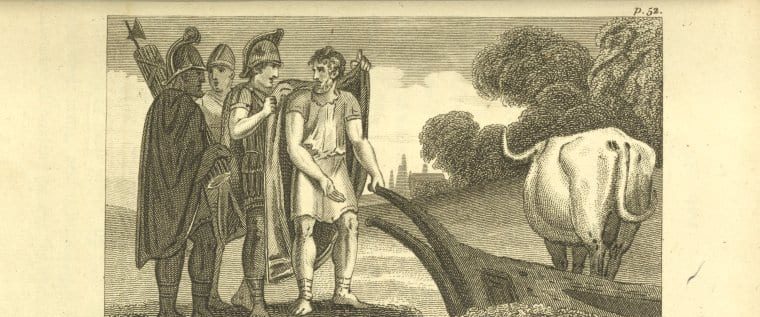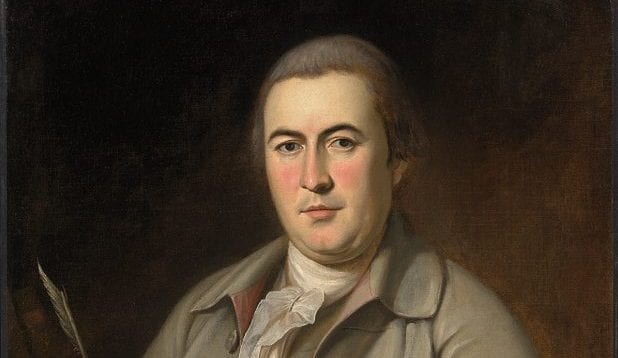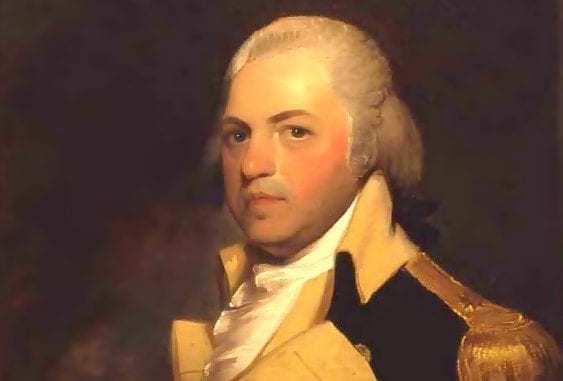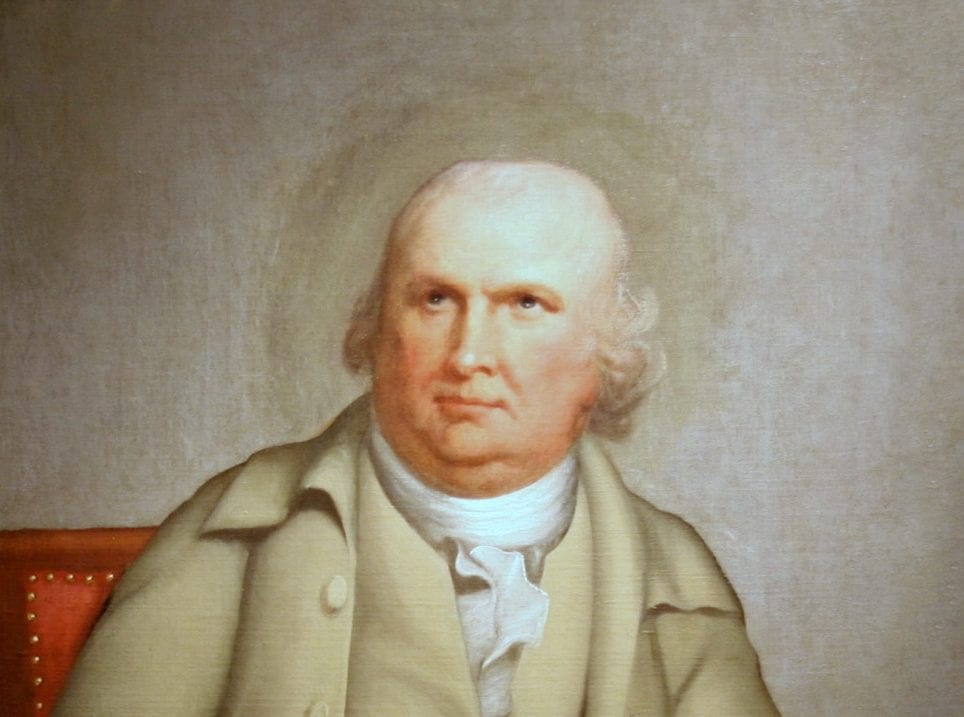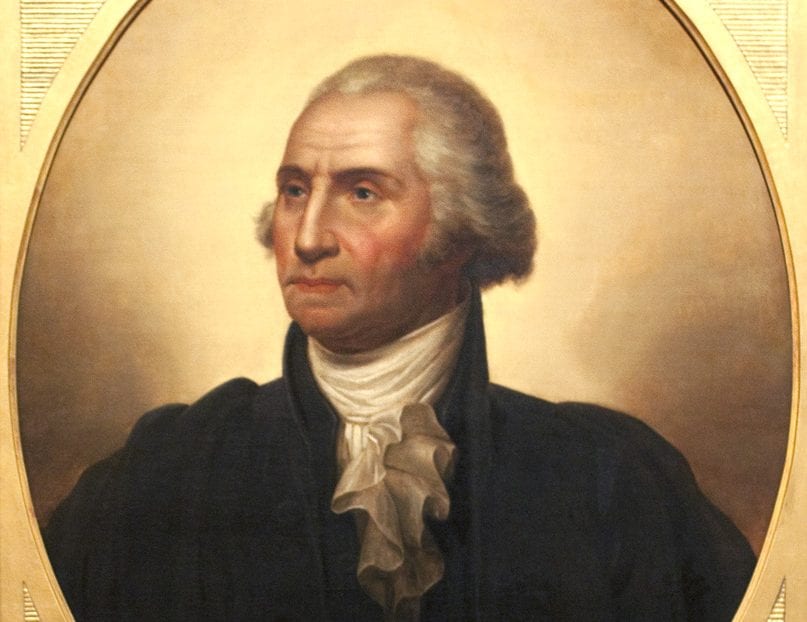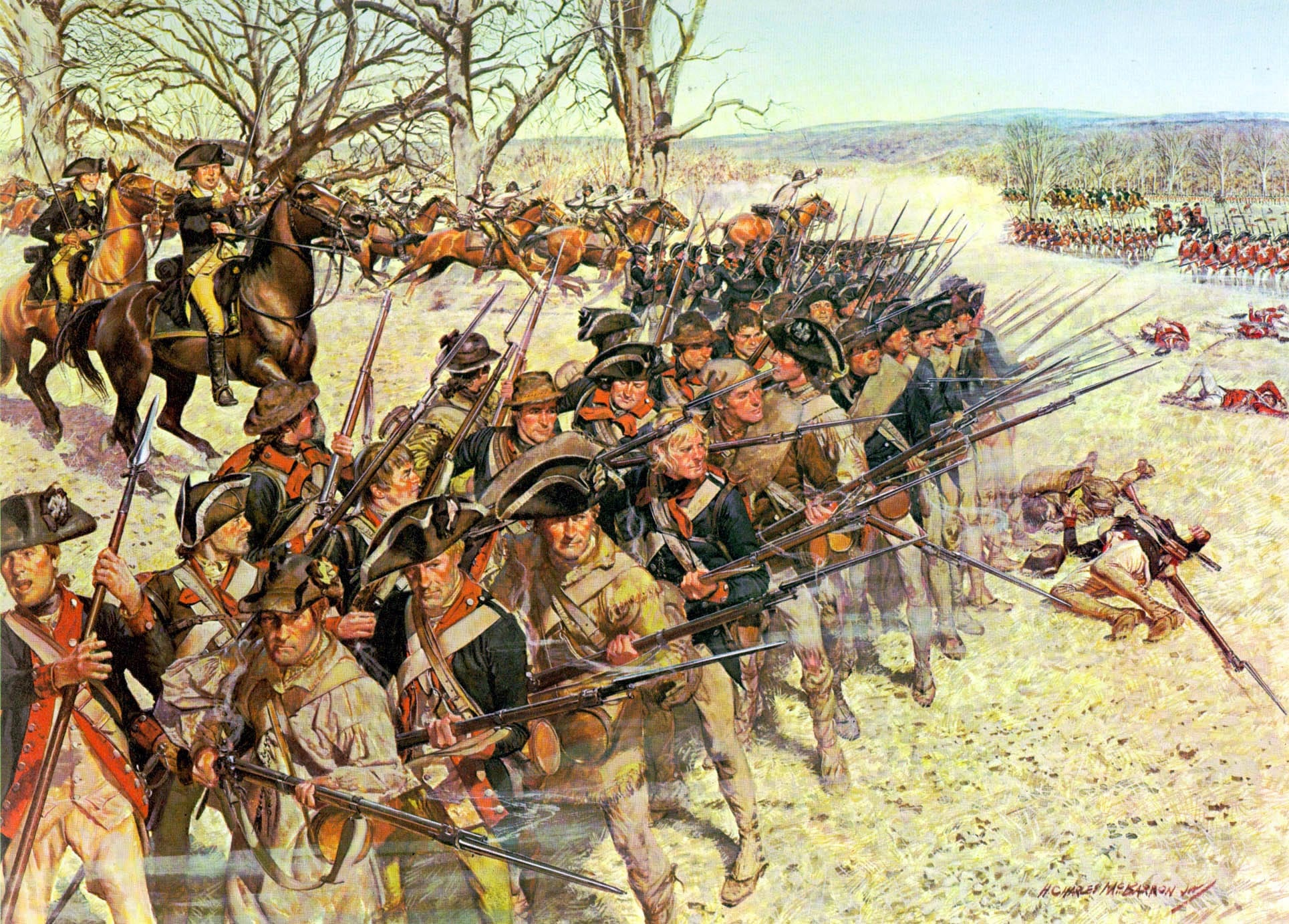
The absolute necessity of union to the vigor and success of those measures on which we are already entered, is felt and confessed by every one of us, without exception; so far, indeed, that those who have expressed their fears or suspicions of the existing confederacy proving abortive, have yet agreed in saying that there must and shall be a confederacy for the purposes of, and till the finishing of this war. So far it is well; and so far it is pleasing to hear them express their sentiments. But I entreat gentlemen calmly to consider how far the giving up all hopes of a lasting confederacy among these states, for their future security and improvement, will have an effect upon the stability and efficacy of even the temporary confederacy, which all acknowledge to be necessary? I am fully persuaded, that when it ceases to be generally known, that the delegates of the provinces consider a lasting union as impracticable, it will greatly derange the minds of the people, and weaken their hands in defense of their country, which they have now undertaken with so much alacrity and spirit. I confess it would to me greatly diminish the glory and importance of the struggle, whether considered as for the rights of mankind in general, or for the prosperity and happiness of this continent in future times.
It would quite depreciate the object of hope, as well as place it at a greater distance. For what would it signify to risk our possessions and shed our blood to set ourselves free from the encroachments and oppression of Great Britain-with a certainty, as soon as peace was settled with them of a more lasting war, a more unnatural, more bloody, and much more hopeless war, among the colonies themselves? Some of us consider ourselves as acting for posterity at present, having little expectation of living to see all things fully settled, and the good consequences of liberty taking effect. But how much more uncertain the hope of seeing the internal contests of the colonies settled upon a lasting and equitable footing?
One of the greatest dangers I have always considered the colonies as exposed to at present, is treachery among themselves, augmented by bribery and corruption from our enemies. But what force would be added to the arguments of seducers, if they could say with truth, that it was of no consequence whether we succeeded against Great Britain or not; for we must, in the end, be subjected, the greatest part of us, to the power of one or more of the strongest or largest of the American states? And here I would apply the argument which we have so often used against Great Britain-that in all history we see that the slaves of freemen, and the subject states of republics, have been of all others the most grievously oppressed. I do not think the records of time can produce an instance of slaves treated with so much barbarity as the Helotes by the Lacedemonians, who were the most illustrious champions for liberty in all Greece; or of provinces more plundered and spoiled than the states conquered by the Romans, for one hundred years before Caesar’s dictatorship. The reason is plain; there are many great men in free states. There were many consular gentlemen in that great republic, who all considered themselves as greater than kings, and must have kingly fortunes, which they had no other way of acquiring but by governments of provinces, which lasted generally but one year, and seldom more than two.
In what I have already said, or may say, or any cases I may state, I hope every gentleman will do me the justice to believe, that I have not the most distant view to particular persons or societies, and mean only to reason from the usual course of things, and the prejudices inseparable from men as such. And can we help saying, that there will be a much greater degree, not only of the corruption of particular persons, but the defection of particular provinces from the present confederacy, if they consider our success itself as only a prelude to a contest of a more dreadful nature, and indeed much more properly a civil war than that which now often obtains the name? Must not small colonies in particular be in danger of saying, we must secure ourselves? If the colonies are independent states, separate and disunited, after this war, we may be sure of coming off by the worse. We are in no condition to contend with several of them. Our trade in general, and our trade with them, must be upon such terms as they shall be pleased to prescribe. What will be the consequence of this? Will they not be ready to prefer putting themselves under the protection of Great Britain, France or Holland, rather than submit to the tyranny of their neighbors, who were lately their equals? Nor would it be at all impossible, that they should enter into such rash engagements as would prove their own destruction, from a mixture of apprehended necessity and real resentment.
Perhaps it may be thought that breaking off this confederacy, and leaving it unfinished after we have entered upon it, will be only postponing the duty to some future period? Alas, nothing can exceed the absurdity of that supposition. Does not all history cry out, that a common danger is the great and only effectual means of settling difficulties, and composing differences. Have we not experienced its efficacy in producing such a degree of union through these colonies, as nobody would have prophesied, and hardly any would have expected?
If therefore, at present, when the danger is yet imminent, when it is so far from being over, that it is but coming to its height, we shall find it impossible to agree upon the terms of this confederacy, what madness 15 it to suppose that there ever will be a time, or that circumstances will so change, as to make it even probable, that it will be done at an after season? Will not the very same difficulties that are in our way, be in the way of those who shall come after us? Is it possible that they should be ignorant of them, or inattentive to them? Will they not have the same jealousies of each other, the same attachment to local prejudices, and particular interest? So certain is this, that I look upon it as on the repentance of a sinner-Every day’s delay, though it adds to the necessity, yet augments the difficulty, and takes from the inclination.
There is one thing that has been thrown out, by which some seem to persuade themselves of, and others to be more indifferent about the success of a confederacy-that from the nature of men, it is to be expected, that a time must come when it will be dissolved and broken in pieces. I am none of those who either deny or conceal the depravity of human nature, till it is purified by the light of truth, and renewed by the Spirit of the living God. Yet I apprehend there is no force in that reasoning at all. Shall we establish nothing good, because we know it cannot be eternal? Shall we live without government, because every constitution has its old age, and its period? Because we know that we shall die, shall we take no pains to preserve or lengthen out life? Far from it, Sir: it only requires the more watchful attention, to settle government upon the best principles and in the wisest manner, that it may last as long as the nature of things will admit.
But I beg leave to say something more, though with some risk that it will be thought visionary and romantic. I do expect, Mr President a progress, as in every other human art, so in the order and perfection of human society, greater than we have yet seen; and why should we be wanting to ourselves in urging it forward? It is certain, I think that human science and religion have kept company together, and greatly assisted each other’s progress in the world. I do not say that intellectual and moral qualities are in the same proportion in particular persons; but they have a great and friendly influence upon one another, in societies and larger bodies.
There have been great improvements, not only in human knowledge, but in human nature; the progress of which can be easily traced in history. Every body is able to look back to the time in Europe, when the liberal sentiments that now prevail upon the rights of conscience, would have been looked upon as absurd. It is but little above two hundred years since that enlarged system called the balance of power, took place; and I maintain, that it is a greater step from the former disunited and hostile situation of kingdoms and states, to their present condition, than it would be from their present condition to a state of more perfect and lasting union. It is not impossible, that in future times all the states on one quarter of the globe, may see it proper by some plan of union, to perpetuate security and peace; and sure I am, a well planned confederacy among the states of America, may hand down the blessings of peace and public order to many generations. The union of the seven provinces of the Low Countries, has never yet been broken; and they are of very different degrees of strength and wealth. Neither have the Cantons of Switzerland ever broken among themselves, though there are some of them protestants, and some of them papists, by public establishment. Not only so, but these confederates are seldom engaged in a war with other nations. Wars are generally between monarchs, or single states that are large. A confederation of itself keeps war at a distance from the bodies of which it is composed.
For all these reasons, Sir, I humbly apprehend, that every argument from honor, interest, safety and necessity, conspire in pressing us to a confederacy; and if it be seriously attempted, I hope, by the blessing of God upon our endeavors, it will be happily accomplished.

Conversation-based seminars for collegial PD, one-day and multi-day seminars, graduate credit seminars (MA degree), online and in-person.











